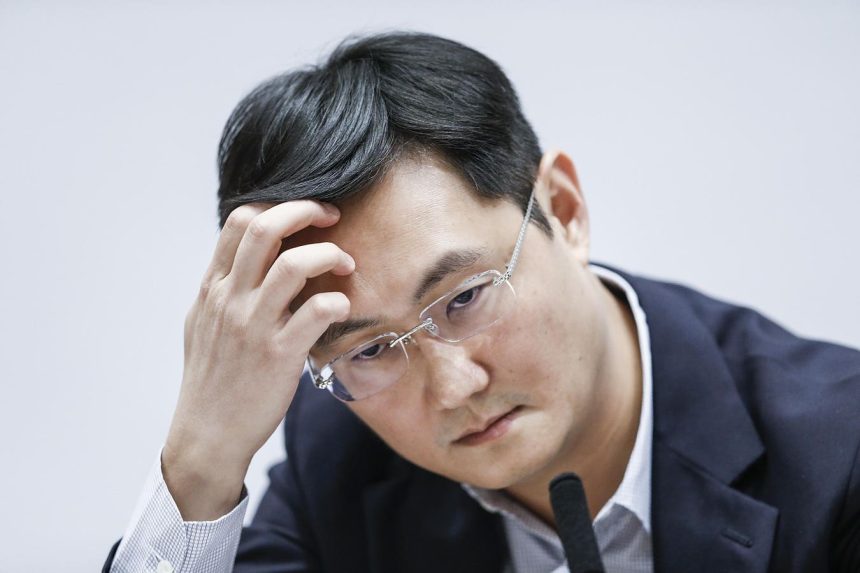The addition of Chinese tech giant Tencent to a U.S. government list of “military-linked companies” sent shockwaves through the investment community, causing a sharp decline of up to 7% in its Hong Kong-listed shares. This designation, while not directly imposing sanctions, acts as a blacklist, potentially hindering these companies’ international operations and raising concerns for potential partners. The list, published annually by the Pentagon, identifies companies deemed to be contributing to China’s military advancement, either directly or indirectly. This classification carries significant weight, as it can impact a company’s ability to secure investment, build factories in the U.S., and participate in federal projects. Companies working with blacklisted entities may also face restrictions on their involvement in key industries within the United States.
Tencent, a global powerhouse known for its popular WeChat messaging app, vast gaming empire, and stakes in prominent international companies like Spotify and Tesla, strongly refuted the designation. The company, cofounded by billionaire Pony Ma, has been actively pursuing international expansion to diversify its revenue streams. Tencent maintains that it is not a military company or supplier and that the listing is a misunderstanding. While the company acknowledges the potential implications for its business, it intends to engage with the Department of Defense to rectify the situation. The listing introduces a layer of uncertainty regarding Tencent’s future collaborations and investments, particularly within the US market.
Another notable inclusion on the list was Contemporary Amperex Technology (CATL), a leading battery manufacturer whose shares also experienced a dip following the announcement. CATL, a key supplier to major electric vehicle manufacturers like Tesla and Ford, had ambitious plans for U.S. expansion, including a multi-billion dollar battery factory in Michigan in partnership with Ford. The company’s founder, Robin Zeng, has amassed a significant fortune largely tied to the company’s success. While CATL has not formally commented on the listing, similar to Tencent, it has reportedly labeled the designation a “mistake,” highlighting the disputed nature of the Pentagon’s classification. The listing raises questions about the future of CATL’s U.S. investments and its partnerships with American companies, especially in the context of escalating political tensions.
The Pentagon’s list is not immutable, and companies can seek removal. The successful removal of Xiaomi in 2021 after it sued the U.S. government sets a precedent for other companies challenging their inclusion. However, the continuing presence of companies like drone maker DJI and laser sensor developer Hesai Technology, despite their legal challenges, underscores the complexity and challenges of reversing the designation. The process for contesting the listing and its ultimate outcome remains uncertain, influenced by both legal arguments and the broader geopolitical landscape.
The inclusion of Tencent and CATL highlights the increasing scrutiny faced by Chinese companies operating in the international arena, particularly within the United States. The Pentagon’s list serves as a powerful tool in the ongoing technological and economic competition between the two nations. The list raises significant concerns for these companies, potentially hindering their growth strategies and impacting their partnerships with international firms. The designations also highlight the broader challenges of navigating an increasingly complex geopolitical landscape where economic and national security interests intersect.
Beyond Tencent and CATL, the list features other prominent Chinese companies, including security software maker 360 Security Technology, telecommunications giant Huawei, and gene sequencing company BGI Genomics. These inclusions further emphasize the breadth of the Pentagon’s scrutiny of Chinese companies and the potential impact on a wide range of industries. The list serves as a stark reminder of the growing tensions between the U.S. and China and the potential repercussions for businesses operating in this increasingly polarized environment. The long-term consequences of these designations remain to be seen, but they underscore the significant challenges and uncertainties facing Chinese companies seeking to expand their global footprint, particularly in the United States.



